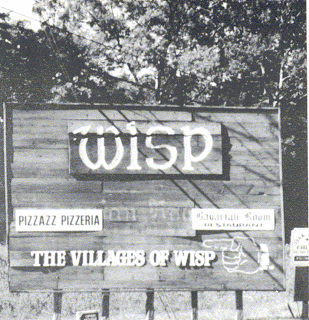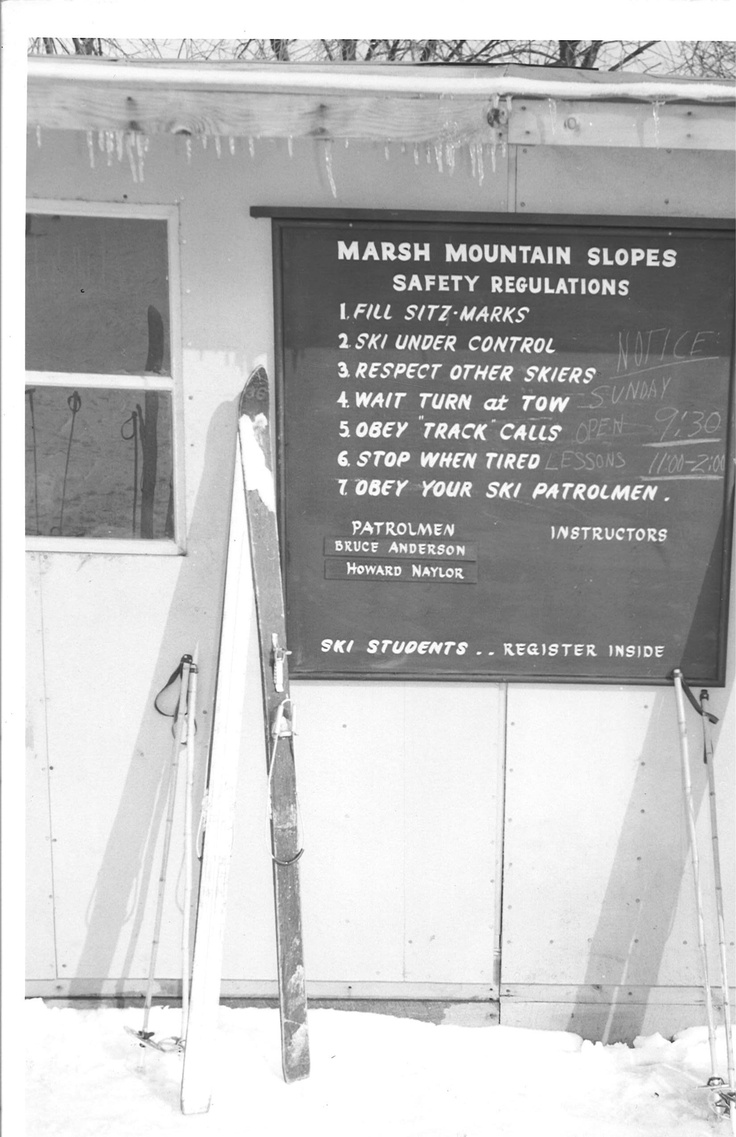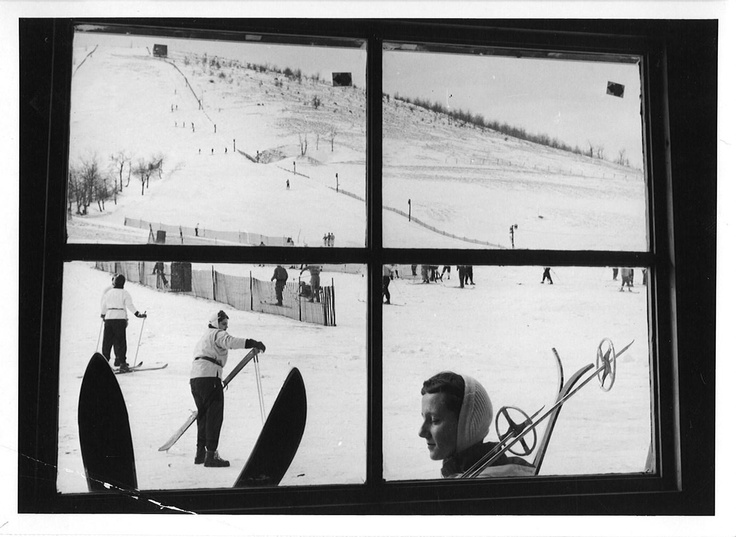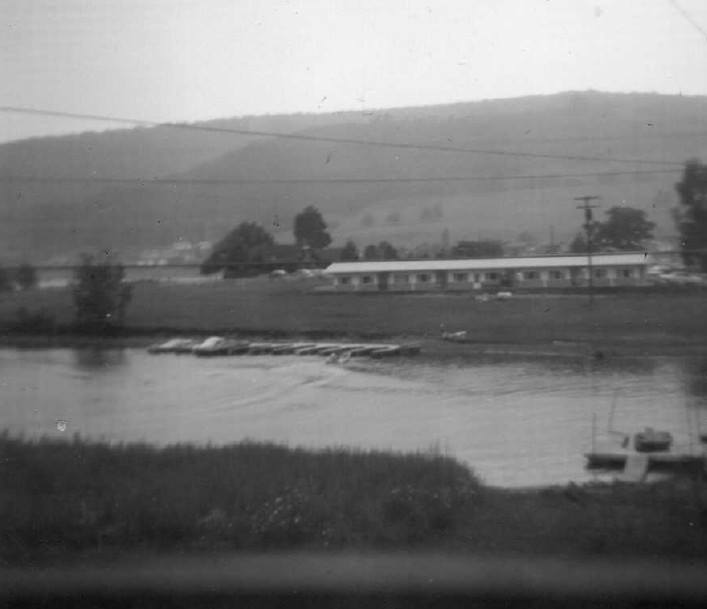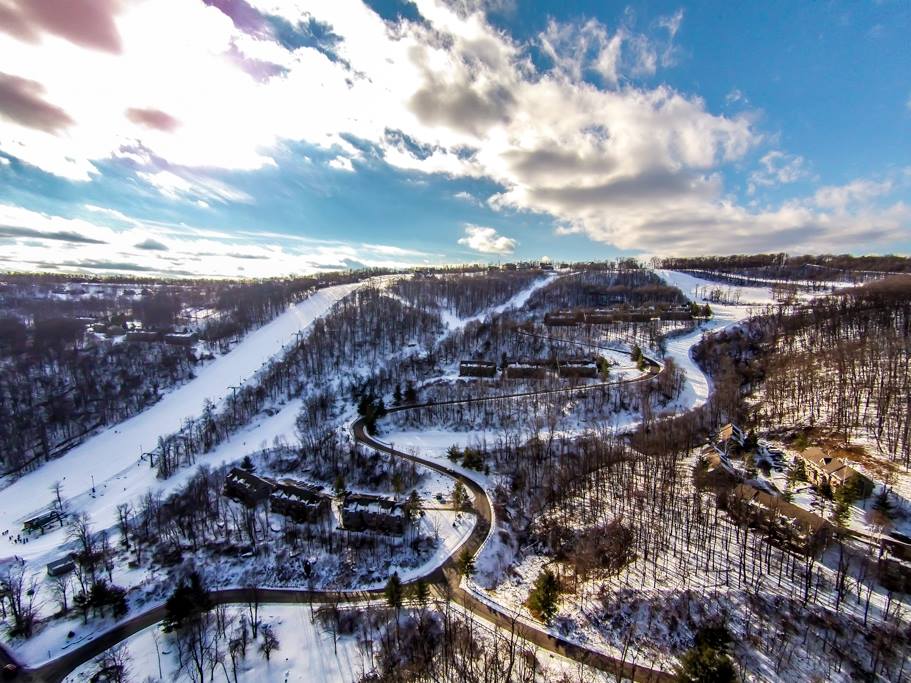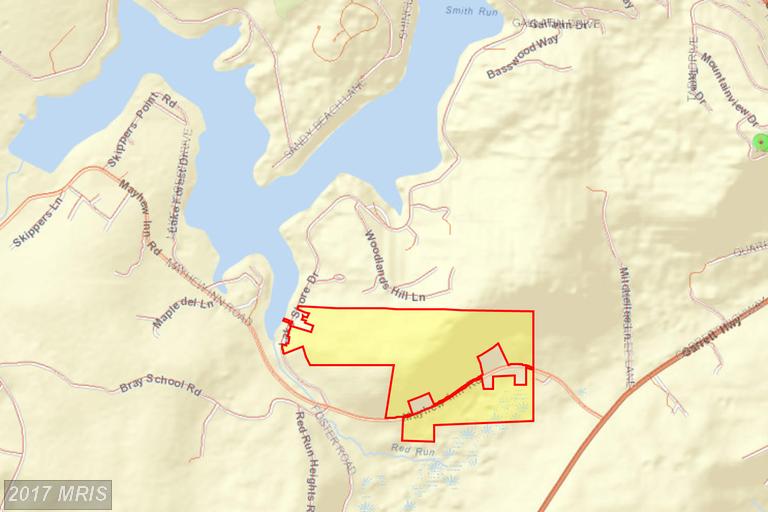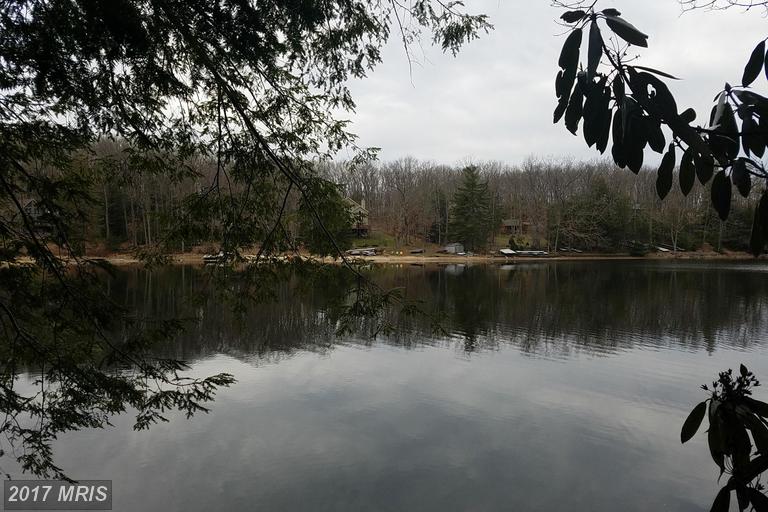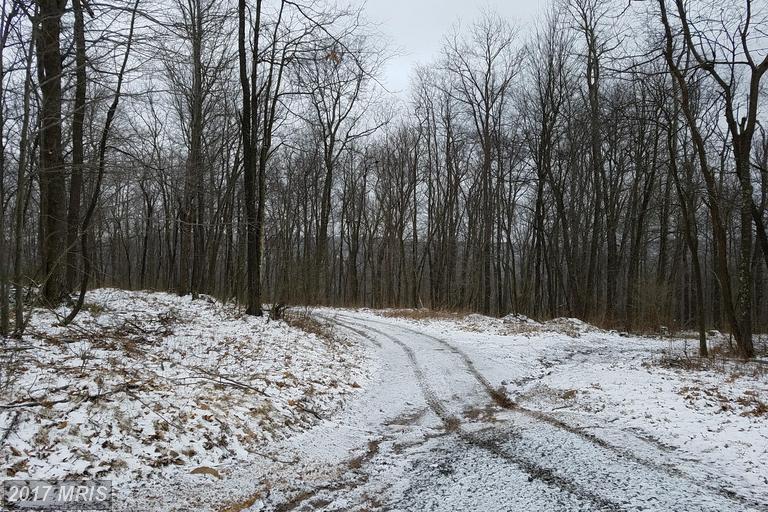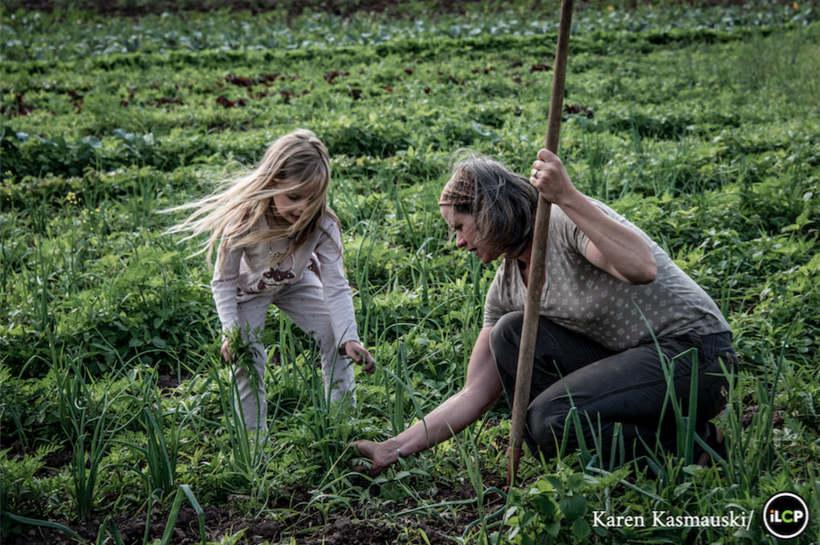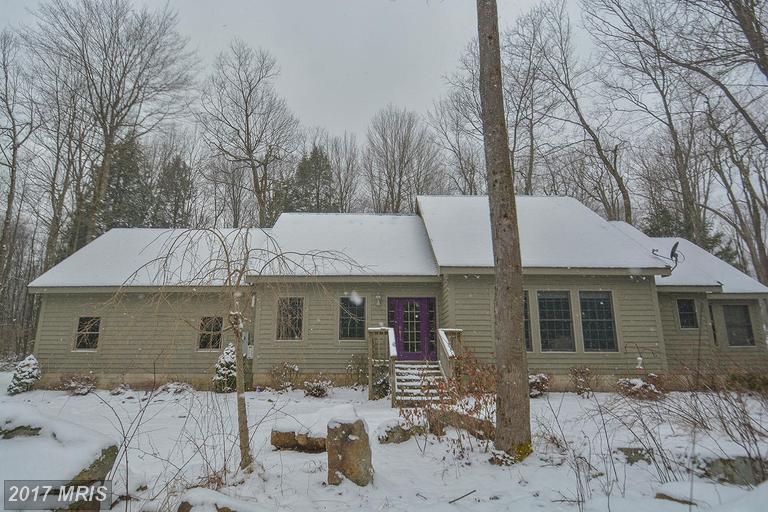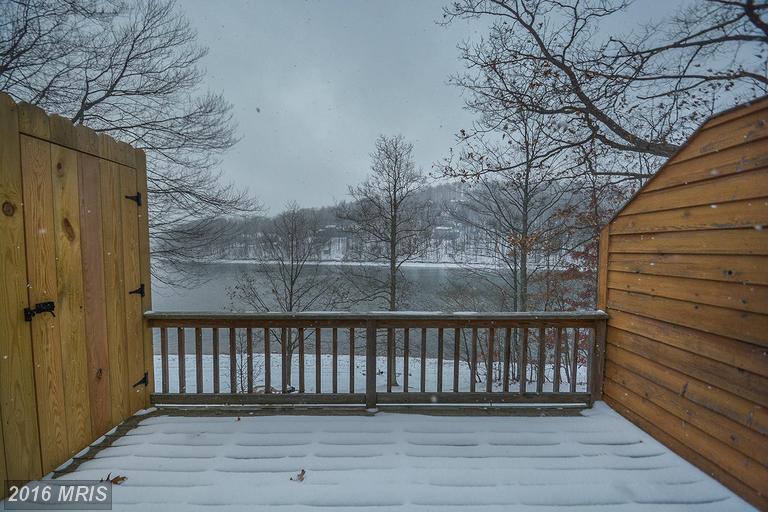Tag: mountain
Wisp Resort- a Flashback to Snowier Weekends
With the Wisp Resort opening this weekend, we decided to celebrate with some flashbacks to snowier winters.
First, let’s take a look at this old school video of Wisp Resort.
And some photos…
Now lets take a look at how much fun we’ll be having this weekend…
Can’t wait to have a great weekend!
See you on the slopes!
Wisp Resort Set to Re-Open for Winter Operations
In February, Wisp Resort was forced by rain and temperatures in the 50’s to suspend skiing and snowboarding operations.
Now, in the midst of a cold and snowy March, Wisp Resort is anticipating a re-opening of winter operations sometime this week.
The exact day will depend on just how much natural snow they get from Winter Storm Stella and how much machine-made snow they can make with the colder temperatures.
With a depleted snow base and mild forecast, Wisp Resort closed for skiing two weeks ago after just 72 days of operation. It was their lowest number of operating days in the past ten years even though they had pumped more than 160 million gallons of water for snowmaking up to that date, the third highest total in the past ten years.
“The weather was pretty uncooperative this winter,” dryly noted Artie Speicher, Mountain Operations Director at Wisp.
“Mother Nature was testing our resolve, just like she is now. She’s given us another window this week, so we’re going to make the most of it.”
The Deep Creek Lake Area received 5 inches of snow on Friday, March 10 along with temperatures dipping into the single digits.
Wisp’s snowmaking team will be making snow as weather permits this week, and Winter Storm Stella is expected to add several more inches of natural snow Tuesday.
The resort suggested skiers and snowboarders check www.wispresort.com and Wisp’s Facebook page for updates and opening announcements.
for more information, click here.
NEW LISTING- 3635 Mayhew Inn Road
Check out my new listing on Mayhew Inn Road!
The ultimate recreational property! 250+/- acres fronting on Mayhew Inn Rd and Lakeshore Drive, including a 50~ foot lakefront parcel with a dock slip!
Miles of trails intersect throughout this unique property and you can enjoy a variety of views of the surrounding mountains, Hammel Glade conservation area and views of Deep Creek Lake from the top of the mountain.
Contact for much more info.
for more information, click here.
Maryland fracking regulations could serve as a model to other states
It is a challenging time to be the president of the Garrett County Farm Bureau, especially as a young man working his way through college.
Garrett County is a rural community. I have grown up on my family’s farm, helping to produce the hay and raise the goats and vegetables that are currently funding my tuition.
The farmers that I represent are hardworking people who deserve to be able to use their land as they choose — this includes using the resources it contains. However, we are experiencing an increased influx of people from urban and suburban areas of the state trying to dictate and legislate what is best for us.
Fifteen years ago, the issue was windmills; today, it is fracking.
The Garrett County Farm Bureau has been advocating for our farmers’ ability to safely and responsibly drill for gas on their own land for over 10 years and now we are at a turning point. It is critical now that we do not completely ban hydraulic fracturing in Maryland and cut off a tremendous amount of opportunities for residents of Garrett County.
People often want to know why farmers like hydraulic fracturing. From our perspective it isn’t about hydraulic fracturing at all. It is about accessing and producing natural gas from resources on our own land.
For everyone living in urban and suburban areas, fracking is making your air cleaner to breathe, slashing the costs of natural gas and products made from natural gas, improving the national economy and allowing us to export gas to foreign countries.
For my farmers, it does all of that as well as enable them to recover the value of the gas they own.
The farm community has been quietly accommodating the impacts of residential development around Deep Creek Lake on our community for a long time now. If our gas production requires the Deep Creek community to accommodate a little, we expect the same courtesy we have been extending to them.
There are certainly people in the community who love recreational industries and are passionately opposed to gas production. They believe it will somehow inhibit their ability to use and make money off tourism at Deep Creek. But there are also people in the community who would love to produce gas and have no interest in recreational industries. All of them have the same constitutional right to use their own property in the way they choose. The state does not have the right to arbitrarily allow some to choose and others not. The trick is to find a path that is respectful of everyone and asks everyone to compromise some.
That was the precise goal of the Marcellus Shale Safe Drilling Initiative and the protracted negotiations about regulations among the various stakeholders that have taken place over the last five years. The goal of the Farm Bureau has been to establish regulations that protect our farms as well as the surrounding community. We think the proposed regulations do that.
There is nothing like them anywhere else in America. If someone shows you a drilling practice in another state you don’t like, there is a strong possibility it is prohibited here in Maryland.
We have been producing and storing gas here since 1955, and the gas industry is a valuable part of our economy. We would like that to continue and grow with the addition of jobs, royalties and taxes from shale production in Maryland.
Before Gov. Martin O’Malley created the Marcellus Shale Safe Drilling Initiative Advisory Commission, he weighed the same question that is before the Maryland Legislature right now: Ban fracking or regulate it. His assessment was that as a state with a small amount of producible reserves surrounded by states with a large amount of producible reserves upstream from Maryland, it would be in Maryland’s best interest to create the tightest possible regulations and then use our influence and our power as a consumer to move our regulations into the surrounding states. He was right.
If we bury these regulations now with a ban, we will be wasting millions of dollars that have been spent developing the regulatory process and denying landowners the right to develop their gas resources. But the real cost will be to the environment, because we did not have the courage to pursue his vision to the end and influence the people who produce gas for Maryland in other states to do it to in a way that Maryland finds acceptable.
Aaron Lantz is president of the Garrett County Farm Bureau.
for more information, click here.
Organic Farmers Don’t Want Drilling on Their Doorstep
This article is brought to you by the International League of Conservation Photographers (iLCP).
Story by Mary Greene of the Environmental Integrity Project. Photos by Karen Kasmauski and Garth Lenz of the International League of Conservation Photographers.
Note: this story is part of a collaborative photojournalism project, “The Human Cost of Energy Production,” about the threat of expanded fracking for natural gas to rural areas of Pennsylvania and Western Maryland, which readers can view byclicking here.
Walking the Backbone Food Farm, located in Oakland, Maryland, with Katharine Dubansky and her two youngest children, it’s easy to see the appeal of organic farming.
Alongside field after field of vegetables, there are pens and pastures where pigs, goats, sheep, and cows while away their days. The wind turbines on Backbone Mountain that produce kilowatt after kilowatt of clean power stand sentinel over the property, as though in tribute to and guardian over the Dubansky’s production of sustainable, safe food. When they are new to the farm, little piglets slip the fence and run loose. Eventually, one of the many free-roaming Dubansky dogs will scoot the piglets back under the fence, squealing, toward their mothers.
In a way, Backbone Food Farm is emblematic of the appeal of western Maryland. Although most farms in this valley are not organic, there are very few factory farms or other large-scale, industrial farming operations in this part of Garrett County. The terrain is rugged and mountainous and doesn’t always yield easily to a plow. According to Katharine, most of the farmers in the Oakland area are reformed Amish. Like her Amish neighbors, Katharine is strong and hearty. She has capable, intelligent eyes and walks with an easy confidence.
She and her husband, Max, came to organic farming quite naturally. Max’s father was an organic farmer in Grantsville and he was working another organic farm in Flintstone, Maryland when he and Katharine were introduced through mutual friends. Young and unafraid of hard physical work, their interest in organic farming grew as their relationship blossomed. Katharine, who had recently graduated from college, gave up her intended career as a teacher to pursue their mutual dream.
As she attends to chores, Katharine explains that an energy company may construct a compressor station – a large, industrial complex used to transmit compressed natural gas through a pipeline – just a mile and a half from their farm. If the fracking ban is lifted, private property leased to oil and gas companies will be drilled. Once production begins, more and more compressor stations and other infrastructure, like pipelines, storage tanks, impoundments, processing plants, and ugly elbows of pipe that protrude from the ground called “pig launchers” will litter the landscape. As has happened in western Pennsylvania, small towns will be overrun with railcars and endless lines of trucks carrying explosive natural gas liquids.
It’s hard to imagine what the threat of fracking means to these hardworking, earnest people. Katharine and Max’s entire lives are bound to their 106 acres of land. Their oldest daughter, recently graduated from high school, bought sheep with her graduation money and intends to stay on and manage the livestock. Even their beloved but departed milk cows remain fixtures in their lives and on this farm, their sun-bleached skulls adorning the red-picket fence that runs alongside their farmhouse. As the two youngest girls, Tessa, 6 and Iris, 9, show off their new litter of bunnies, Katharine whispers her concern. “How can …flares and diesel fumes work here?”
A supporter of Citizen Shale, she is opposed to fracking and doesn’t want to see western Maryland ravaged in pursuit of a finite quantity of natural gas. She considers herself an environmentalist and understands the risks that fracking poses to both her financial livelihood and health. She is not a NIMBY (“not in my back yard” ) person who objects to any kind of energy development near her farm. For example, she had no problem with the construction of the large wind turbines on the ridge over their property a few years ago. But she is worried that the oil and gas industry would introduce more intense disruption of their lifestyle – with pollution, noise, and truck traffic.
Katharine is also torn over how vocal she can be. She and Max sell their meat and produce, including beautiful mushrooms grown in the wooded portion of their farm, mostly at the local farmers markets. Many of the patrons come from Deep Creek Lake, the wealthiest community in Garrett County. “Those folks make the drive because they know they’re buying safe, healthy, locally grown food. Fracking will destroy that,” Katharine explains as she shows off the rustic cottage on the property they rent to cross-country skiers in the winter. “But at the same time, I risk alienating the relationships I have now with customers and other vendors if I get too mouthy about it.”
Most of the elected officials in Garrett County are pro-drilling, and for the most part, the county is more conservative than the rest of the state. As lawmakers and citizens continue to debate the pros and cons of opening western Maryland to fracking, people like the Dubanskys will need to decide where they stand, and how strong their voices will be. For now, Katharine is watching, listening, and boning up on her research.
As she walks back toward the farmhouse, where she finds Max taking a break to give Tessa a piggyback ride and twirl her around, she contemplates her next move.
With earth-stained hands on hips and feet firmly planted on the ground, she admits: “I may have to jump into this thing whole hog. But I have to be careful. I can get quite passionate.”
Support the work of the International League of Conservation Photographers by donating at this link.
for more information, click here.
NEW LISTING- 2372 Mayhew Inn Road
Check out my listing on Mayhew Inn Road!
4BR/3BA lake area home on 2 wooded/private acres! Features tongue & groove ceilings, hardwood floors, exposed beams, Avonite countertops, eat-in kitchen w/ plenty of storage and cabinet space.
HUGE master suite with custom tile shower + oversized closet & washer/dryer. 2nd stackable unit upstairs! Paved driveway. Stamped patio. Heated garage with storage area + outdoor shed.
Must see!
For more information, click here.
Property Owners' Association: State Money For Garrett County
February 7, 2017
Folks,
Cheers,

Bob Hoffmann
President
For more information, click here.
50 Wonderful Winter Marketing Ideas
Putting your house up for sale this winter?
Here are 50 great ideas from Zillow. From creating a list of winter service providers (cough, cough Taylor-Made DCV&S) to creative infographics- there are some great ideas here!
Click here to see the list.
New Germany State Park gets ready for snow activities
GRANTSVILLE — New Germany State Park has scheduled several activities for February.
In hopes of snow, New Germany rangers are inviting challengers to a snowman contest Feb. 3 at 1 p.m. at the Lake House, McAndrews Hill Road.
The Friends of New Germany will host a membership meeting Feb. 4 from 9 to 10:30 a.m. at the Lake House. The Friends of New Germany is a nonprofit organization made up of volunteers who care about the park and want to enhance, maintain and support it through fundraising and a variety of projects. Anyone interested in joining the group or becoming a volunteer is welcome to attend. For more information, email newgermanyfriends@yahoo.com or call 301-895-5453.
The Maryland Conservation Corps will offer beginner cross-country ski lessons at New Germany State Park on Feb. 4 and 12. The lessons will begin at noon inside the Lake House and will last about two hours. There is no charge for those with their own equipment. In the event of no snow, the lessons will include some basic ski instruction, followed by a winter hike.
The lessons are being offered as part of the Healthy Parks, Healthy People program, an international movement that focuses on utilizing parks to promote the health of people and the environment.
for more information, click here.


